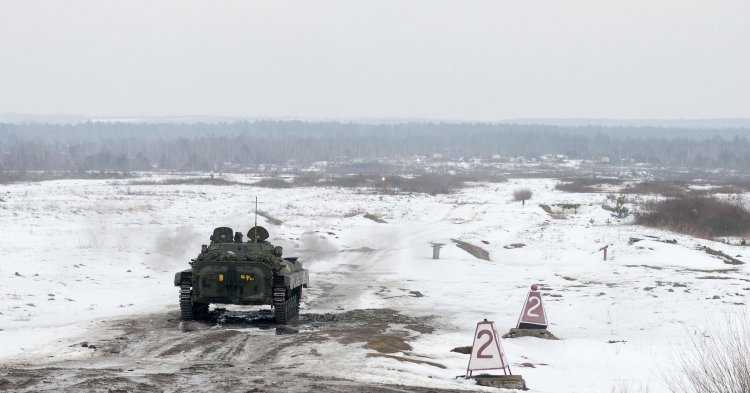Public support for the European Union (EU) is at its highest in more than a generation and a big majority of people who live in the euro area back the common currency, reaching record levels. Unemployment in the EU has fallen to its lowest level, although it is still considered a major challenge in some member countries.
At a time when countries around the world are becoming increasingly protectionist, the EU concluded two momentous trade deals, with Canada and Japan.
However, it is the end of Europe as we know it.
Looking onwards to 2019, many of us will get to see all sorts of real turning points in Europe’s political landscape. Not only is the United Kingdom expected to leave the world’s largest political and economic bloc in the spring, but voters in the EU will elect a new European Parliament in May, which will then determine a major reshuffle of who is in charge of the EU’s institutions in Brussels and a realignment of power within the EU.
Expect to hear more about the twilight of an open union and the dawn of a closed union. There will be a clash of ideas, where theatrical political figures will appear on stage and play out a grand political drama. The nativists will engage the European federalists and globalists in duels over issues that European voters worry about the most - immigration, security and the future of the EU. Populist forces will make gains while the old establishment will still hold the fort. As a result, neither side will win, making majority governance difficult if not impossible.
And while European politics muddles on, there will be other things happening around the world that will deserve as much attention as the internal strife that will play out against a backdrop of a rapidly changing world, not to mention global turmoil.
The US withdrawal of troops from the Middle East, especially from Syria, will mean that Assad is likely to remain in power for the foreseeable future, challenging the Europeans to put up more of their own forces and enter hard-power politics. At the same time, whilst isolationist rhetoric from Washington in the rapidly changing world is worrying to many countries in the Baltics and in Eastern Europe who are concerned about Russian expansionism, to those in Moscow it represents an opening to take advantage of.
The willingness to fill the gap in Europe vacated by the United States could also test the EU with regard to its eastern frontier. Ukraine’s political turmoil is moving to the forefront once more with an upsurge in Russian activity, prompting the leadership in Kiev to look to the Europeans for support, while at the same time Moscow builds up its military in its strategic Baltic enclave, Kaliningrad.
The EU will be similarly challenged at its own doorstep, where the broad authoritarian turn, the polarisation of society, travel restrictions and the lack of membership prospects have only added to the fragile environment and regressive dynamics in the Southeast.
The EU is also confronted by problems on other fronts, starting with the lack of a serious debate about climate change, unprecedented migration and the rise of authoritarianism in Central and Eastern Europe.
Europe’s fourth-largest economy, Italy, which has rebelled against EU spending limits, has become too big to be allowed to fail but, at the same time, too big to be saved. Two years ago the far-right political party in Germany, Alternative für Deutschland, entered the Bundestag for the first time, and now they are poised to win Germany’s eastern Länder in September. Adding to everything, a divided Poland goes to the polls by November.
The EU has also fallen behind China and the United States in the global race for artificial intelligence, the new technological revolution that will spark a dramatic change in the global political landscape in the next decade or so. With the populist forces enjoying a resurgence, the new technologies may be used to unleash disinformation campaigns and persuade certain groups of people to act against their own interests, threatening the integrity and reputation of democratic institutions in the EU.
All these pose the question - what will become of Europe?
Winter is here. A new era has begun in Europe, and this will become clearer as we begin to see a dramatic change in the continent’s political landscape.
2019 will be a year, as Joschka Fischer puts it, of “living defensively,” of a Europe under siege. The way forward is to have a reconstructed Europe, undefeated in the face of destructive forces of populism.


Follow the comments: |
|
